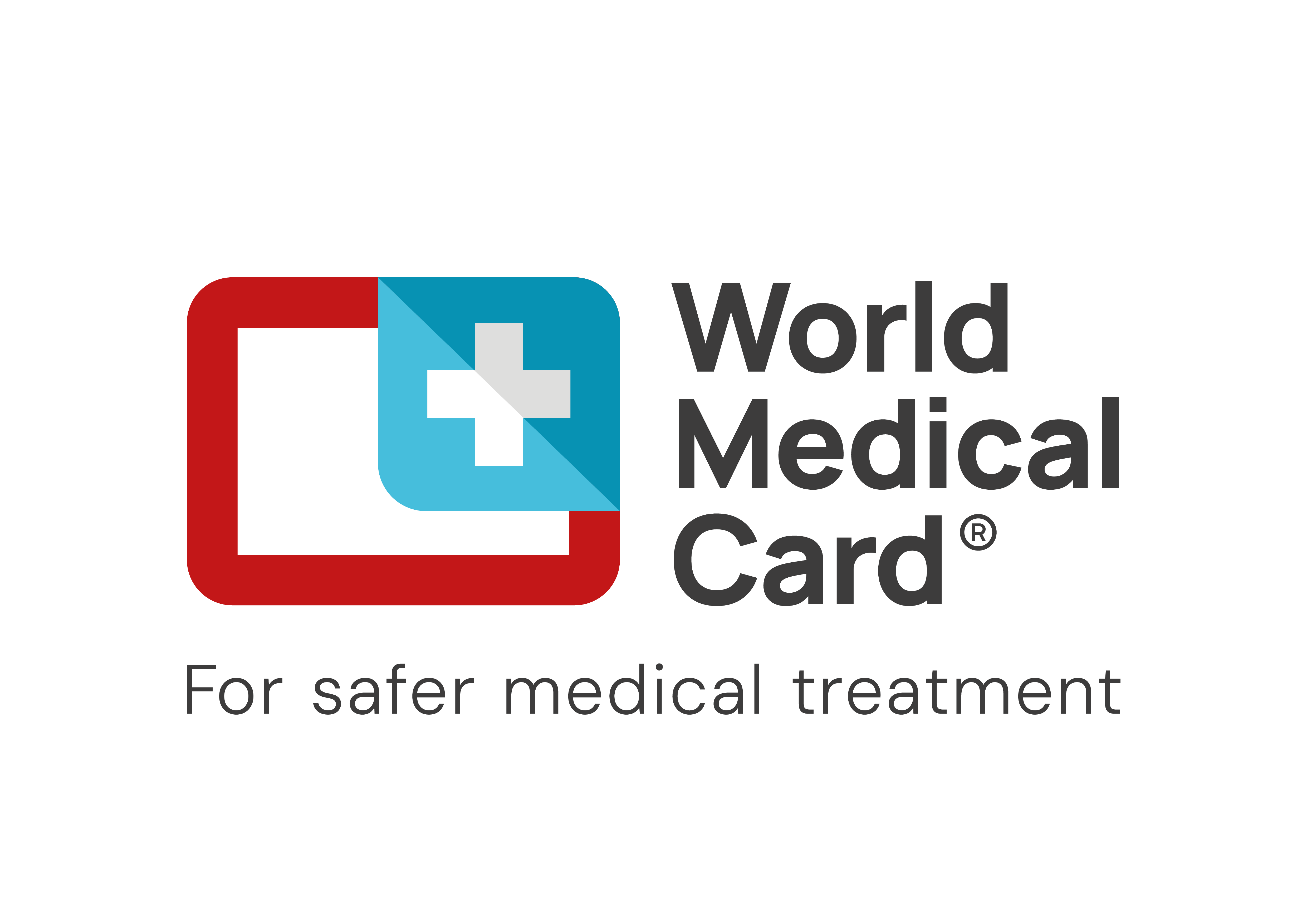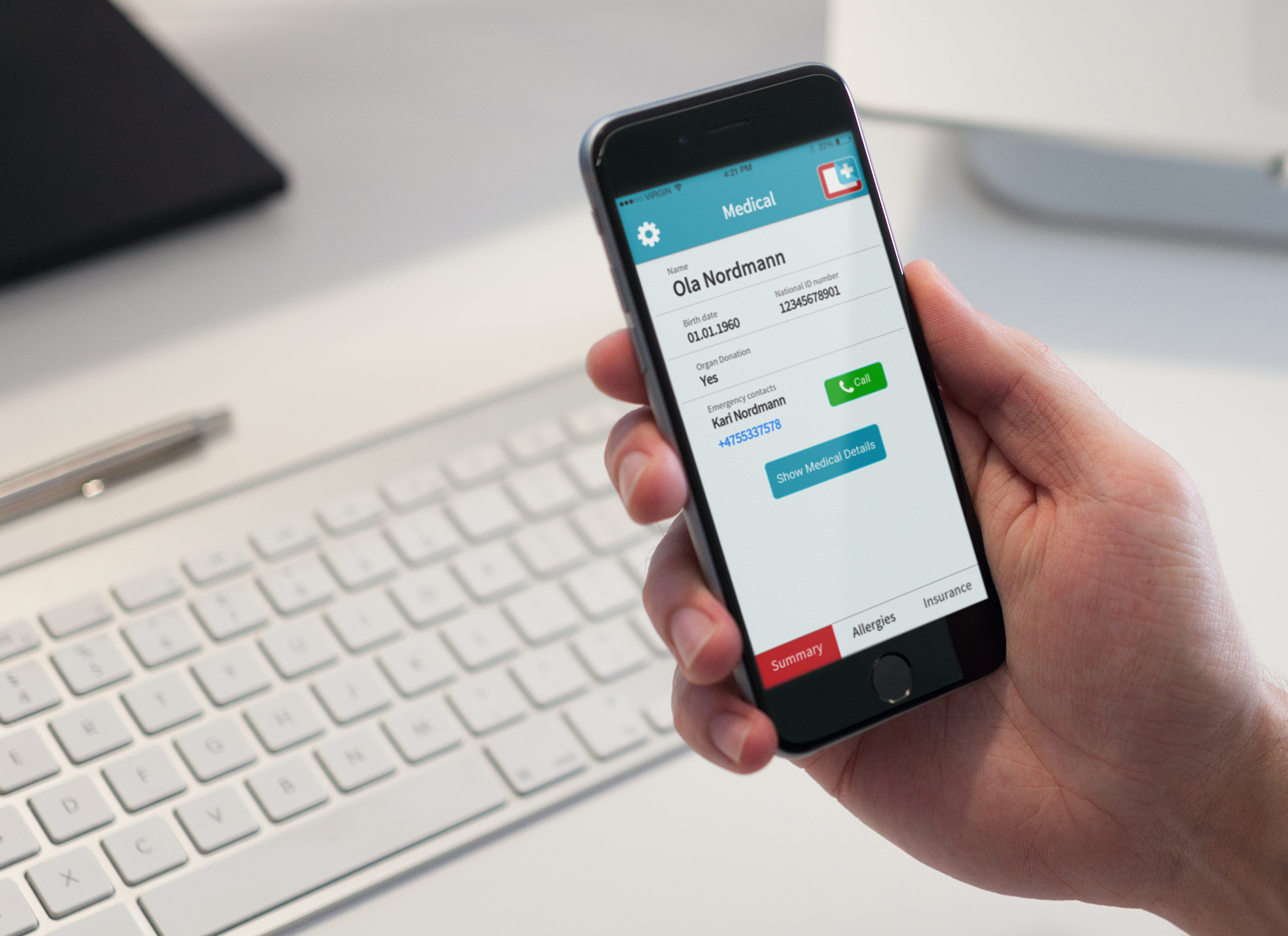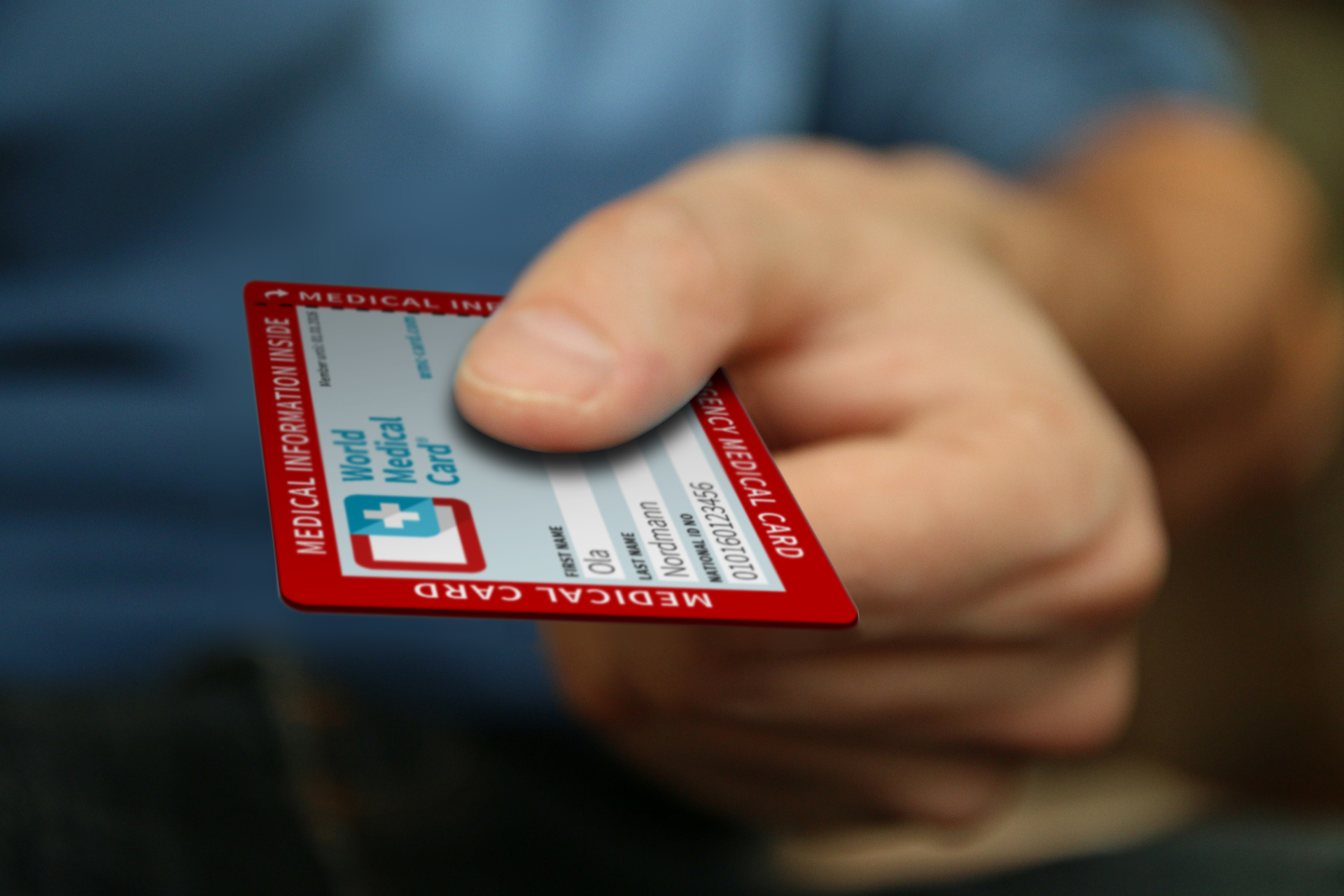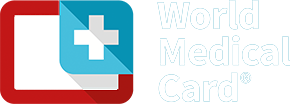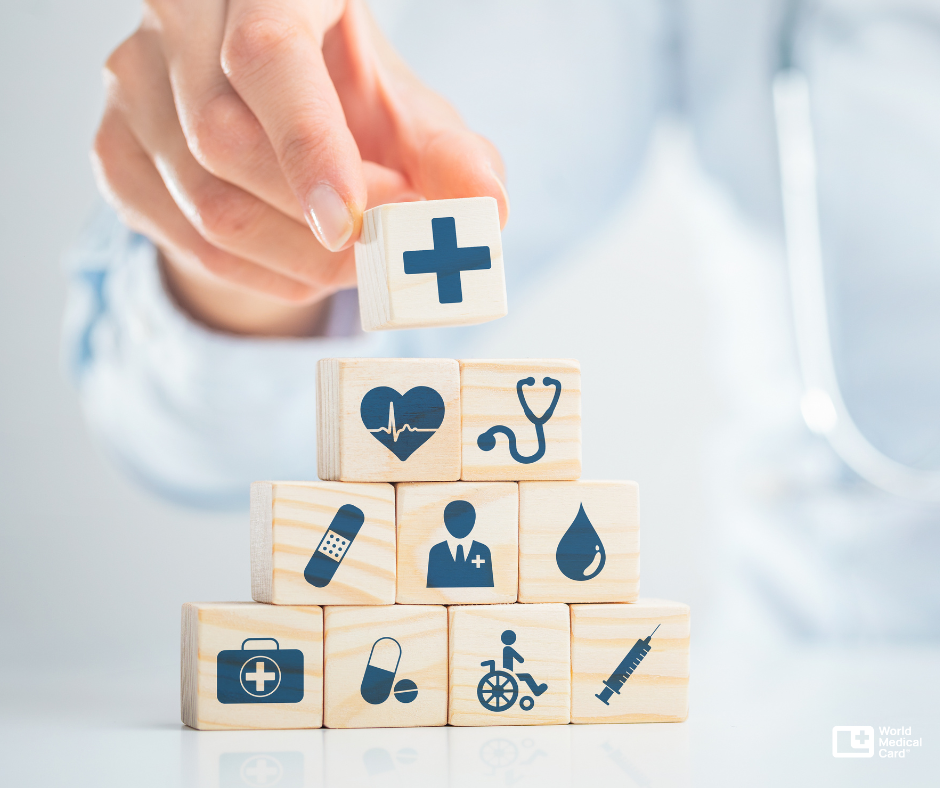
Why Carrying Medical Info Matters
In our busy lives, zipping from one thing to the next, it’s easy to overlook the essentials. We grab our keys, phones, and wallets – the everyday armour we feel we can’t leave home without. But what about something even more vital that could speak for you when you can’t? We’re talking about carrying your medical information.
It might seem like a hassle, another thing to remember, but trust us, having your key medical details readily available can be a game-changer and, in some situations, a lifesaver. Think about it: first responders need to know critical information in an emergency quickly.
If you have allergies, take medications or have pre-existing conditions that require specific care, you may need that info, whether at home or abroad. Rummaging through your bag or trying to recall everything under pressure is far from ideal. That’s where having your medical information organised and accessible comes in.
Why is carrying your medical info so important?
- Faster, More Accurate Emergency Care: Paramedics and doctors can make quicker and more informed decisions when they have immediate access to your medical history. Easy access to information can significantly impact the speed and effectiveness of treatment.
- Identifying Allergies and Contraindications: Knowing about severe allergies (like peanuts or penicillin) or existing conditions ensures you receive appropriate treatment and avoids potentially dangerous interventions.
- Medication Management: A list of your current medications, including dosages, helps healthcare professionals understand your ongoing treatment plan and avoid drug interactions.
- Contacting Loved Ones: Including emergency contacts in your information lets responders quickly notify your family or friends, providing crucial support during a stressful time.
- Peace of Mind: Knowing that your essential medical details are readily available can offer significant peace of mind, both for you and your loved ones.
So, what’s the best way to carry this information? You have several options.
- A Medical ID Card: The World Medical Card is the most effective medical alert and ID card out there. When you join, you upload your vital information. Unlike the generic medical alert card, it is developed using the World Health Organization’s global standards codes (ICD-11 and ATC), the World Medical Card ensures that health professionals and pharmaceutical personnel globally understand your condition and requirements.
- Medical ID Jewelry: Bracelets or necklaces engraved with key medical information or a QR code linking to your details are effective.
- Smartphone Apps: The World Medical Card membership means you also get the app as part of your membership. As well as the above benefits, the secure app allows you to find pharmacies and hospitals anywhere in the world; it lets you share your profile with name people and will enable you to upload important documents like scans.
- Digital Wallet Features: Some smartphones have built-in health features where you can store and access your medical information.
- Paper Form in Your Car: If you drive, keeping a paper form with your medical details in your glove compartment can be helpful for first responders at the scene of an accident.
What information should you include?
- Your full name and date of birth
- Known allergies and their severity
- Current medications and dosages
- Significant medical conditions
- Scans and documents
- Multiple emergency contact names and phone numbers
- Your doctor’s name and phone number (optional but helpful)
- Health and/or travel insurance
Taking that small step to organise and carry your medical information could make a significant difference in an emergency. It’s about empowering yourself and those who might need to help you. So, consider how you can make this vital information readily available. It’s a small effort with potentially life-saving rewards.
